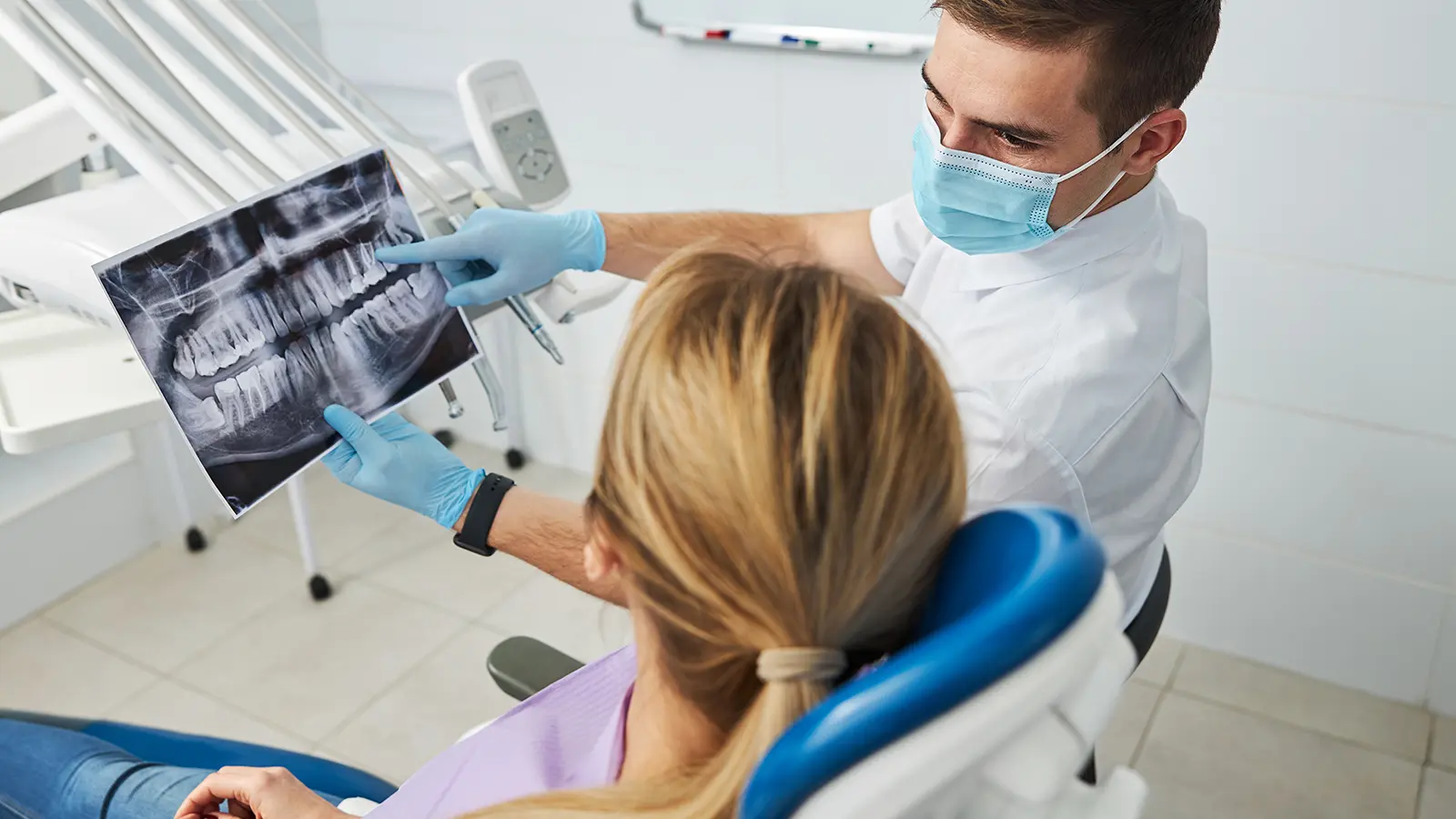Reviewed By Dr. Jeffery Kesecker, DDS
Reading Time: 3 minutes
The idea of oral surgery can stir up fear long before you sit in the chair. Your mind races, your body tenses, and even the thought of dental instruments makes your heart beat faster. With the right preparation, you can replace panic with focus and turn surgery day into something you can handle with confidence.
Legacy Surgery offers oral surgery services in Staunton and Harrisonburg, VA.
Table of Contents
Key Takeaway
Mental preparation reduces fear and makes oral surgery easier to face. Understanding what to expect and trusting your surgeon are the keys to feeling calm and supported.
Knowing What to Expect Eases Anxiety
Clarity removes uncertainty, and uncertainty feeds fear. Before surgery, your oral surgeon will explain the steps of the procedure, the type of anesthesia or sedation available, and what recovery looks like. Patients often feel calmer once they know:
- How long the surgery will last
- What type of sedation will be used
- What level of discomfort to expect afterward and how it will be managed
When you have these answers, your imagination has less room to create “worst-case scenarios”.
| Learn more about Pre-Op instructions here! |
Practical Coping Strategies Before Surgery
Small mental shifts and physical actions can help steady your nerves.
- Breathing exercises: Slow, deep breaths signal your body to relax. Practice a rhythm of inhaling for four counts, holding for four, and exhaling for six.
- Guided imagery: Picture a calm place, such as the beach, forest, or mountains, and hold that image in your mind when you feel panic rising.
- Limit online rabbit holes: Searching stories about surgery complications will only increase anxiety. Rely on your surgeon’s instructions instead.
- Music or podcasts: Have something uplifting ready to listen to while you wait. Shifting focus helps keep fear in check.
Building Trust With Your Oral Surgeon
Your relationship with your surgeon matters as much as the procedure itself. Do not hesitate to ask questions and share your concerns. Skilled oral surgeons are trained to treat both the medical and emotional side of surgery. Open communication ensures you feel heard and supported.
Staying Calm on Surgery Day
The day of your procedure, anxiety often peaks. Prepare by:
- Arriving with extra time so you do not feel rushed
- Bringing a supportive friend or family member if possible
- Using relaxation techniques you practiced in advance
- Trusting the sedation process—modern anesthesia allows you to rest through the procedure without awareness of time passing.
The moment you are in the chair, your team’s focus is entirely on your safety and comfort.
Recovery Mindset
Mental preparation does not end when the surgery is over. Recovery is smoother when you:
- Accept that swelling and soreness are normal and temporary.
- Follow every instruction about rest, diet, and oral hygiene.
- Remind yourself that temporary discomfort is part of the healing process and will improve as you recover.
With the right mindset and support, you can approach oral surgery with confidence and focus on the healthier future it makes possible.
Schedule Your Oral Surgery Consultation at Legacy Surgery
Fear does not have to decide whether you get the care you need. At Legacy Surgery, Dr. Jeffery Kesecker, DDS, and our team combine advanced sedation with compassionate support so you can feel at ease.
To book an appointment at our oral surgery office in Staunton, call (540) 213-8750 or visit us at 110-C Mactanly Pl., Staunton, VA 24401.
📍Other location
Legacy Surgery Harrisonburg, VA
(540) 437-1230
2071 Pro Pointe Lane, Harrisonburg, VA.
FAQs
How do I calm down before oral surgery?
Deep breathing, guided imagery, and calming music can help ease fear. Talk openly with your surgeon to know what to expect.
Can I be asleep during oral surgery?
Most patients receive IV sedation, which allows you to enter a sleep-like state where you are very relaxed and often remember little to nothing about the procedure. For more complex cases, a certified registered nurse anesthetist (CRNA) may assist with deeper sedation. This is all done safely in our office, so you can rest comfortably while your surgeon works.
What should I not do before oral surgery?
Do not eat or drink after the time instructed by your surgeon, usually eight hours before sedation. Avoid alcohol, smoking, and unapproved medications that may affect bleeding or healing.

